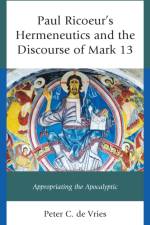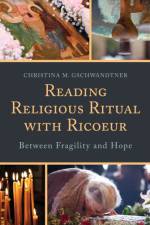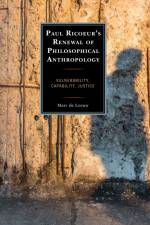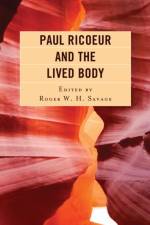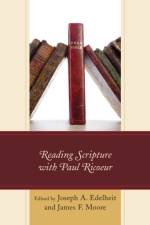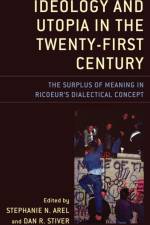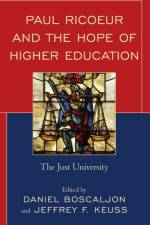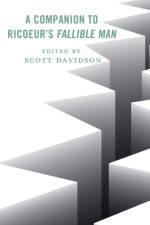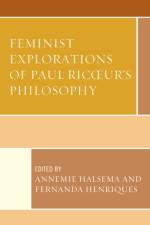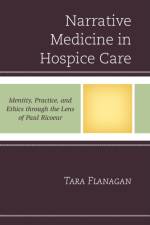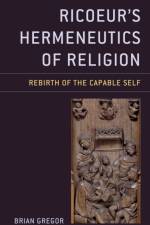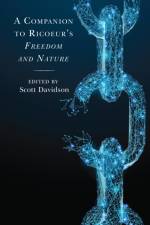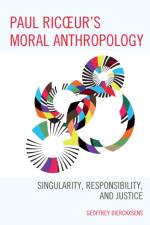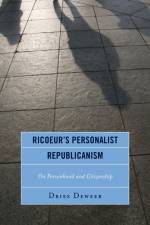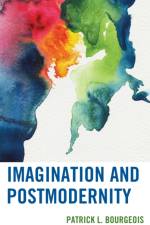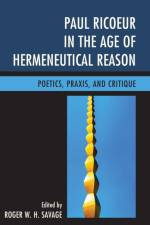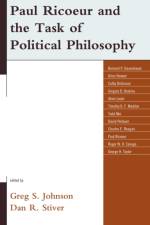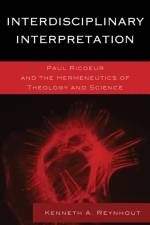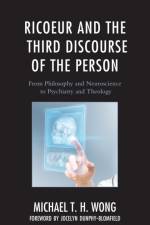av Marc de Leeuw
1 227
Reading Ricoeur through Law, edited by Marc de Leeuw, George H. Taylor, and Eileen Brennan, is the first collection of essays solely focused on Ricoeur's thinking about law, bringing together both established and emerging scholars to offer a systematic and critical examination of Ricoeur's legal thinking. The chapters not only explore the specific contribution Ricoeur makes to the field of jurisprudence but also examine how Ricoeur's work on law fits, complements, or changes his overall anthropology, phenomenology, and hermeneutics. The book provides a complex insight into how law, ethics, and politics intertwine both from within law as normative rule setting, as well as through the wider social-political and historical context in which law and legal institutions affect our inter-subjective and communal life as lived ';with and for others in just institutions.' The collection also makes available in English ';The Just between the Legal and the Good,' a key text in Ricoeur's reflections about law and justice. The core topics of this collection are rights, justice, responsibility, judging, interpretation, argumentation, punishment, and authority, but contributors also offer original insights in how Ricoeur's philosophical reconceptualization of symbolism, action, ideology, narrative, selfhood, testimony, history, trauma, reconciliation, justice, and forgiveness can be made productive for our understanding of law and legal institutions.

